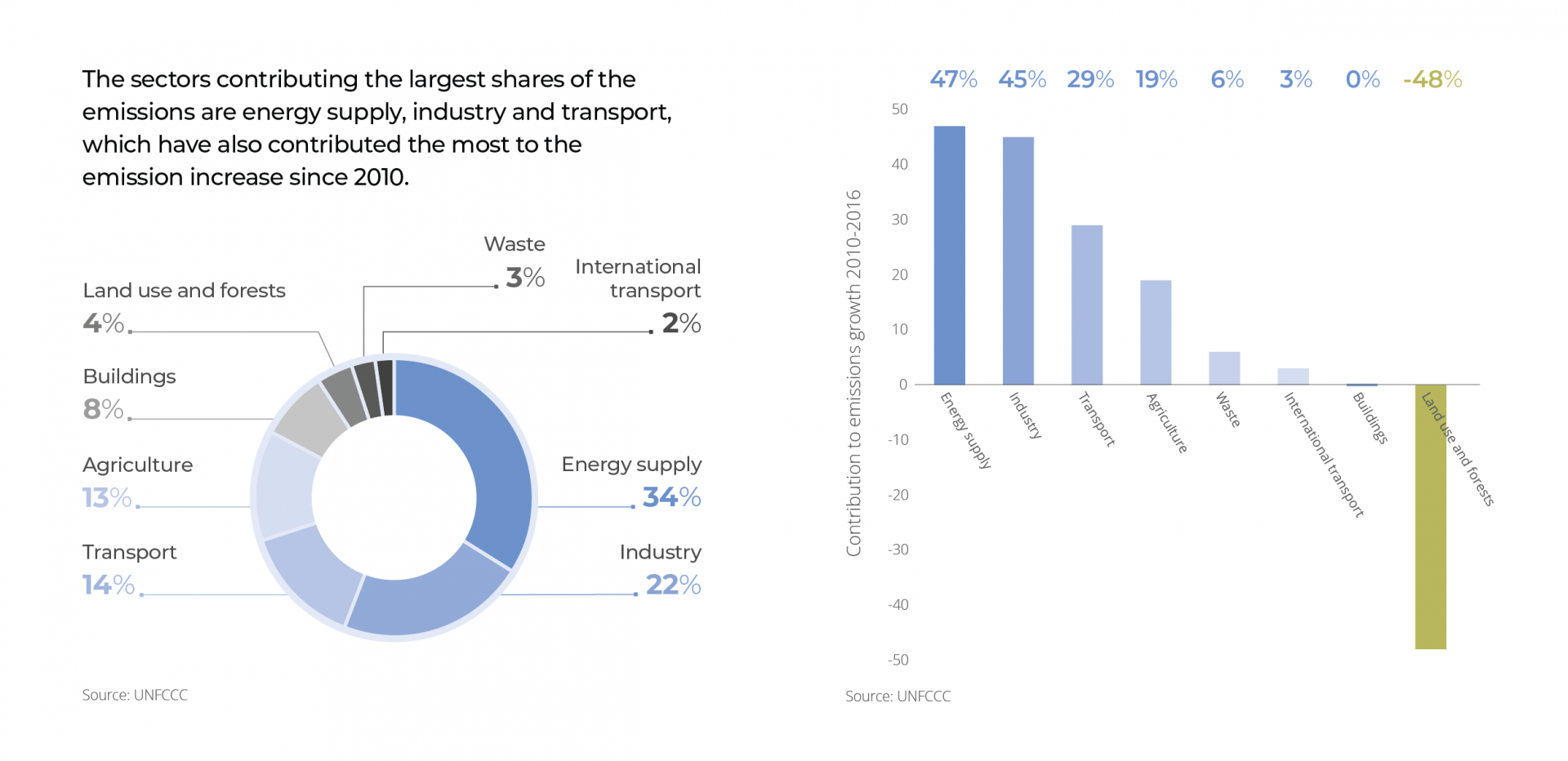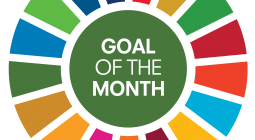New UN Report Shines Light on Trends in Climate Action.

Less than two months ahead of a key September 23 UN Climate Summit in New York, a report published by UN Climate Change provides insights into action taken by governments to address climate change, presenting a wealth of knowledge and experience that can be deployed by governments to ramp up crucial climate ambition.
The report “Climate Action and Support Trends” was prepared as UN Climate Change input to the UN Climate Summit and it puts a spotlight on the progress made over the past 25 years since the inception of the UN Framework Convention on Climate Change (UNFCCC). This can help in scaling up further action, as governments prepare to submit the next round of national climate action plans, known as Nationally Determined Contributions (NDCs), by 2020.
UNFCCC Executive Secretary Patricia Espinosa said: “The next two years offer a crucial window of opportunity for all nations – as well as non-State actors – to capitalize on our current framework, build on our existing momentum and make the changes we desperately need.”
“The good news is that much of this work has already begun. There is a solid basis on which to build ambition, and there is a clear sense of urgency to address the existential threat of climate change. But the pace of action remains too slow and must be accelerated.”
The report warns that after a short period of stabilization, global greenhouse gas emissions have continued to rise. Despite clear progress in some areas, efforts by countries to achieve their national climate action plans are currently not sufficient to achieve the goals of the Paris Agreement.

The growing sense of urgency to act is shared by many countries that have been reporting an increase of climate-related impacts and hazards.
The new UN report outlines these impacts and the measures countries are deploying to reduce greenhouse gas emissions and to build resilience to climate change.
It also details the levels of support provided and received by developing countries to do so, including finance, technology and capacity-building, crucial for countries to achieve their climate objectives.
The report shows that countries are stepping up institutional arrangements for planning, funding, implementing, monitoring and evaluating climate action, and that the portfolio of actions to reduce emissions and adapt to climate change is expanding.
But, as UN’s top climate official Patricia Espinosa says in the report, while the groundwork for effective action has been laid, and the climate action toolkit is growing, the international community still needs to make full use of key opportunities this year to shift gears, notably the September 23 Climate Summit in New York and COP25 in Chile.
“The Summit brings together government and business leaders around the world to do more than talk, but to clearly state how they will contribute to reducing greenhouse gas emissions and adapting to climate impacts, and to keeping the world safely from warming above 1.5 degrees Celsius,” she said.
Other key moments this year to build momentum for more ambitious climate action are the Latin America and Caribbean Climate Week on 19-23 August in Salvador, the Asia-Pacific Climate Week on 2-6 September in Bangkok, and the UN Climate Change Conference COP25 on 2-13 December in Chile.
Note: The information contained in the report “Climate Action and Support Trends” was aggregated from national reports submitted to the United Nations Framework Convention on Climate Change (UNFCCC) secretariat by the 197 Parties to the Convention up until April 2019.
UNFCCC Press Office: press(at)unfccc.int
See also: http://unfccc.int
Follow UNFCCC on Twitter: @UNFCCC| Español: @CMNUCC| | Français: @CCNUCC | Deutsch: @UNKlima,
UNFCCC Executive Secretary Patricia Espinosa on Twitter: @PEspinosaC
UNFCCC on Facebook: facebook.com/UNclimatechange
UNFCCC on LinkedIn: UNFCCC
UNFCCC on Instagram: @UNFCCC
9 August 2019
UN ENVIRONMENT




